About
On July 9, 1921, President Warren G. Harding signed the Hawaiian Homes Commission Act, 1920 as amended, an effort spearheaded by Prince Kūhiō and a group of advocates. Through its passage, the United States set aside approximately 200,000 acres of land to establish a permanent homeland for native Hawaiians, who were identified as a “landless and dying” people as the result of disease, intermarriage, and loss of lands. “After extensive investigation and survey on the part of various organizations organized to rehabilitate the Hawaiian race, it was found that the only method in which to rehabilitate the race was to place them back upon the soil,” Kūhiō wrote to U.S. Senators before the passage of the Act. The Hawaiian Homes Commission Act intended to return native Hawaiians to the land while encouraging them to become self-sufficient homesteaders on the leased parcels of trust land.
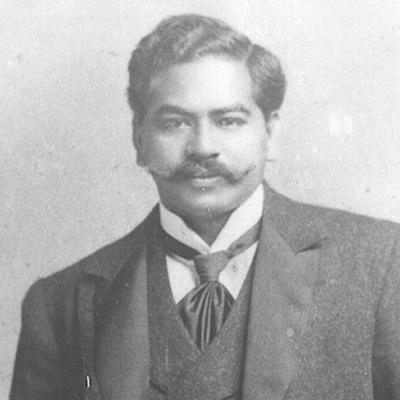
The Founder
Prince Jonah Kūhiō Kalaniana‘ole was born on March 26, 1871, in the Kōloa District of Kaua‘i to High Chief David Kahalepouli Pi‘ikoi and Princess Kinoiki Kekaulike, the youngest daughter of Kaumuali‘i, the last King of Kaua‘i… Read More
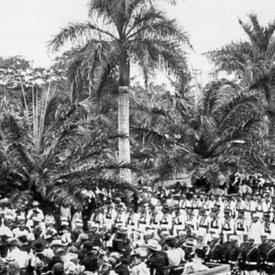
Government
Article 12 Section 1 of the Hawai’i State Constitution – The Legislature shall make sufficient sums available for the following purposes: […] The administration and operating budget of the department of Hawaiian home lands… Read More
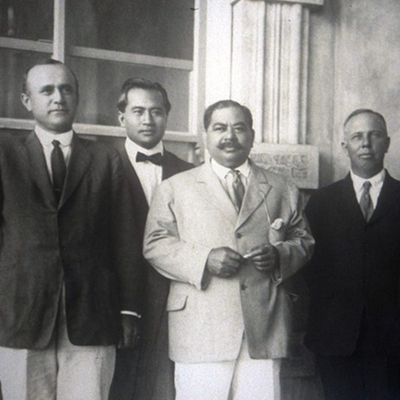
HHC
The Department is headed by an executive board, the Hawaiian Homes Commission, whose nine members are appointed by the Governor with the advice and consent of the Senate. Three of the members… Read More
Initiatives
The department is responsible for 203,981 acres of trust lands, 10,045 homestead leases, and 47,086 lease applications by 29,451 native Hawaiian beneficiaries. As such, these are our priorities and initiatives:
- Housing Development and Infrastructure – The department remains committed to expanding access to affordable housing for beneficiaries through strategic partnerships and innovative approaches to housing development. We will leverage Act 279’s $600 million with federal funding to finance infrastructure and residential housing to reduce our waiting lists significantly.
- Land Stewardship and Resource Management – We are dedicated to sustainable practices that safeguard our natural resources, preserve cultural heritage sites, and foster connection between native Hawaiians and their ancestral lands, ensuring that future generations can continue to thrive in harmony with the environment.
- Cultural Preservation and Heritage Revitalization – The department works to preserve and revitalize the traditions, language, and practices that define the identity of the Hawaiian people, to ensure that Hawai’i’s rich cultural legacy is perpetuated for future generations.
- Economic Empowerment and Community Development – Recognizing the importance of economic empowerment to foster self-sufficiency and prosperity within the Hawaiian community, we are dedicated to nurturing vibrant, resilient communities through business enterprise, education, health care, and social services to address our beneficiaries’ unique needs.
DHHL Leadership
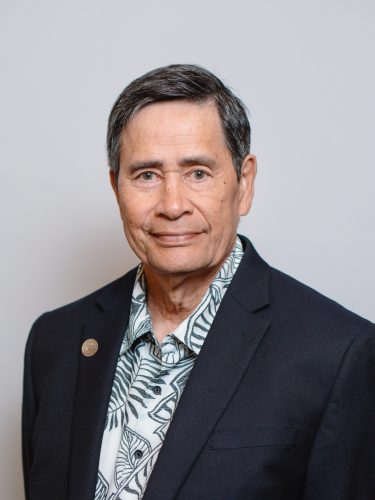
Kali Watson, Chairman
Kali Watson was appointed Chairman of the Hawaiian Homes Commission by Gov. Josh Green and confirmed by the Senate on March 23, 2023. He previously served as Chairman from 1995 to 1998 under Gov. Cayetano where he was responsible for coordinating the development of over 3,100 residential lots on Hawaiian Home Lands, and implementation of the $600 million State settlement, including the transfer of 16,518 acres of State lands to make the trust whole. He was also instrumental in the passage and transfer of over 900 acres of Federal lands into the trust under the Hawaiian Home Lands Recovery Act of 1995. As the President & CEO of the native Hawaiian nonprofit Hawaiian Community Development Board, he worked with Nanakuli Hawaiian Homestead he worked with Nānākuli Hawaiian Homestead Community Association and oversaw the development of the Nānākuli Village Center, which includes a commercial center, several medical clinics, the Kalaniho‘okaha Cope Hawaiian Cultural Learning Center and a 48-unit Hale Makana O Nānākuli affordable housing project. Over the last 10 years, to expand HCDB’s reach into the private non-homesteading areas, Kali established successful HCDB partnerships with various private developers of low-income housing tax credit projects primarily located on O‘ahu, Maui and Kaua‘i. Projects include single-family residential, townhouses, mid-rise and high-rise buildings. He is a graduate of UH Law School, Business School and Kamehameha Schools. Wife Judith Pavey and three sons Kala, Kealii and Nainoa.

Katie Lambert, Deputy to the Chair
For nearly seven years, Katie Lambert has served as a Deputy Attorney General for the Department of Hawaiian Home Lands, gaining the background and experience necessary to effectively support its mission at this crucial juncture. She has intimate knowledge of the legal, political, and practical challenges that DHHL, its Commission, and staff face in trying to fulfill its mission to provide homesteads for qualified Native Hawaiians. She has also served as a Deputy Attorney General for the Child Support Enforcement Agency, Maui branch. In this role, she worked with federal, state, and county agencies to ensure the well-being of children and families by providing essential services and guidance.
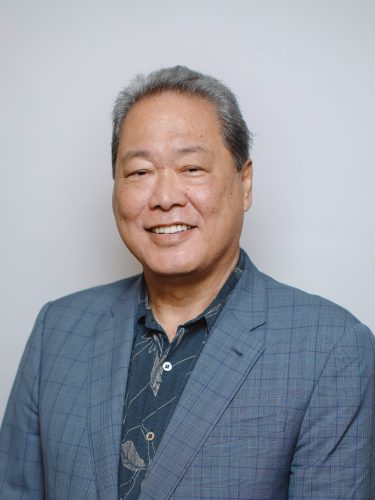
Richard Hoke, Executive Assistant
Richard Hoke assumed the role of Executive Assistant to Chair Kali Watson in March, 2023. Hoke is a seasoned trial attorney with over four decades of litigation experience in both civil and criminal law. Hoke holds a Juris Doctor degree (JD) from the William S. Richardson School of Law and a Bachelor of Arts degree in Urban Studies from the University of Hawai‘i. He has successfully advocated for the poor as a Legal Aid attorney, prosecuted felony cases as a deputy prosecutor, represented the injured and survivors in personal injury and wrongful death cases, and served on the prestigious federal criminal justice attorneys panel where he represented persons and corporations indicted for serious and complex civil rights and white-collar ofenses. In addition to his successful trial practice, Hoke served as a hearings officer for the Hawaiian Homes Commission from 2007-2023, where he presided over hundreds of contested cases. He as vast knowledge of the day-to-day issues faced by homesteaders and he understands the difficult tasks faced by DHHL staff to address these issues. Hoke and Chair Watson survived the rigors of law school together; were legal researchers at the 1978 Constitutional Convention for Chair Frenchy DeSoto on the Committee on Hawaiian Affairs which, inter alia, mandated that the legislature allocate sufficient sums to fund DHHL; and were law partners for many years prior to Chair Watson’s first appointment as Director of DHHL from 1994-1998. Hoke grew up in Pālama, is a graduate of President William McKinley High School, a Viet Nam combat veteran, and a married father of four. He resides in Windward, O‘ahu with wife, Trisha.
DHHL Administrators
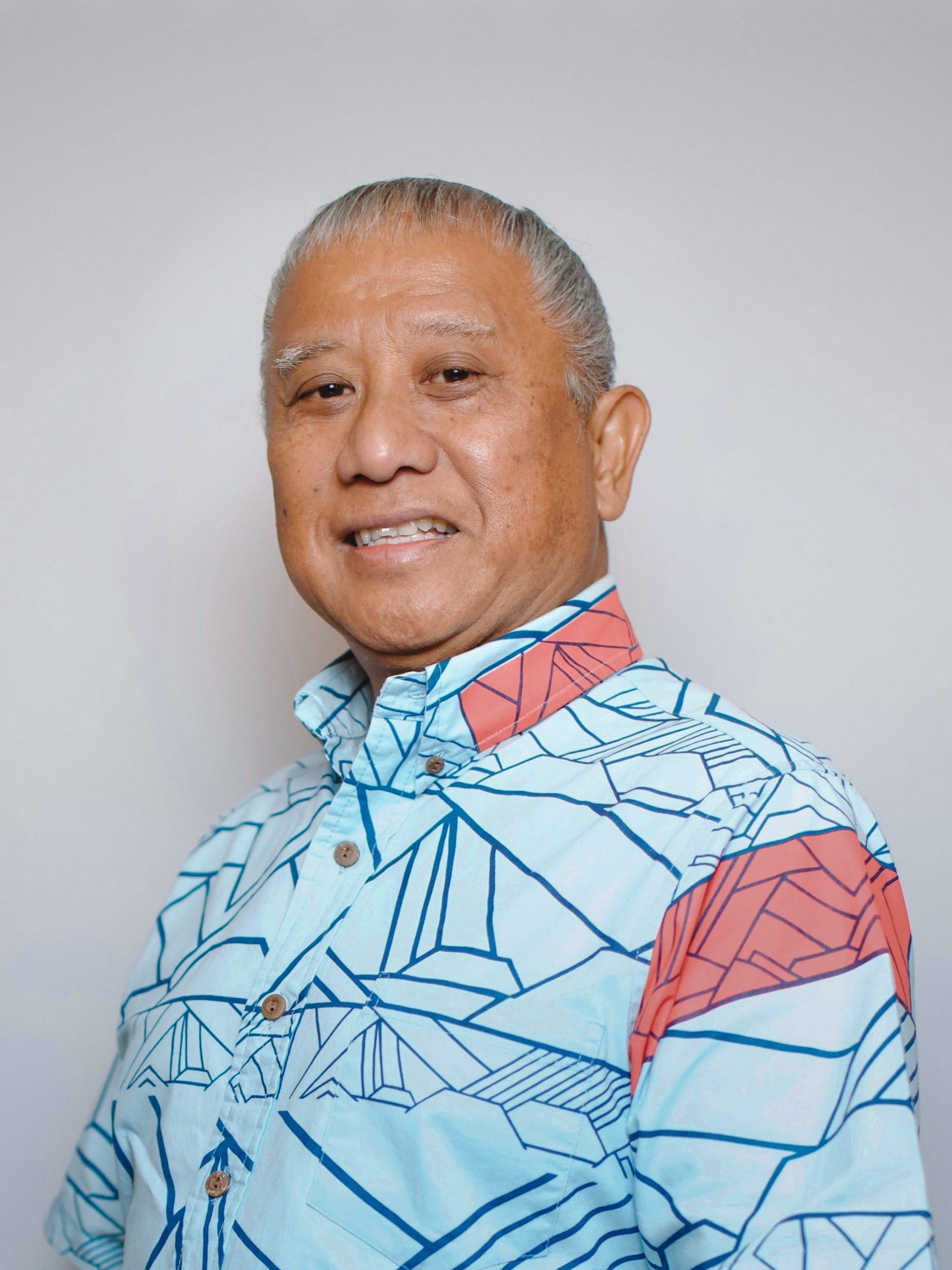
Juan Garcia
Homestead Services Division

Linda Chinn
Land Management Division
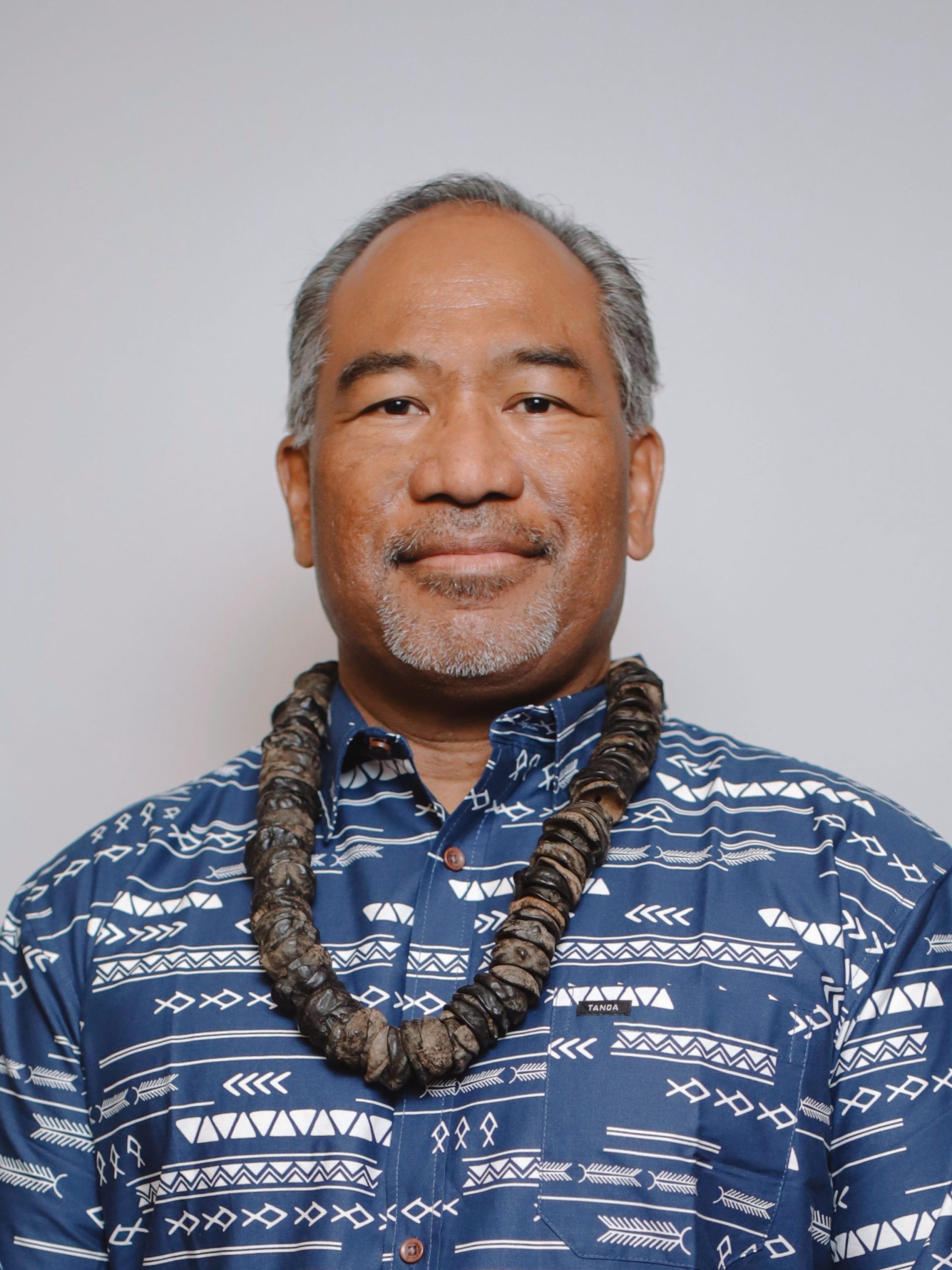
Kalani Fronda
Land Development Division
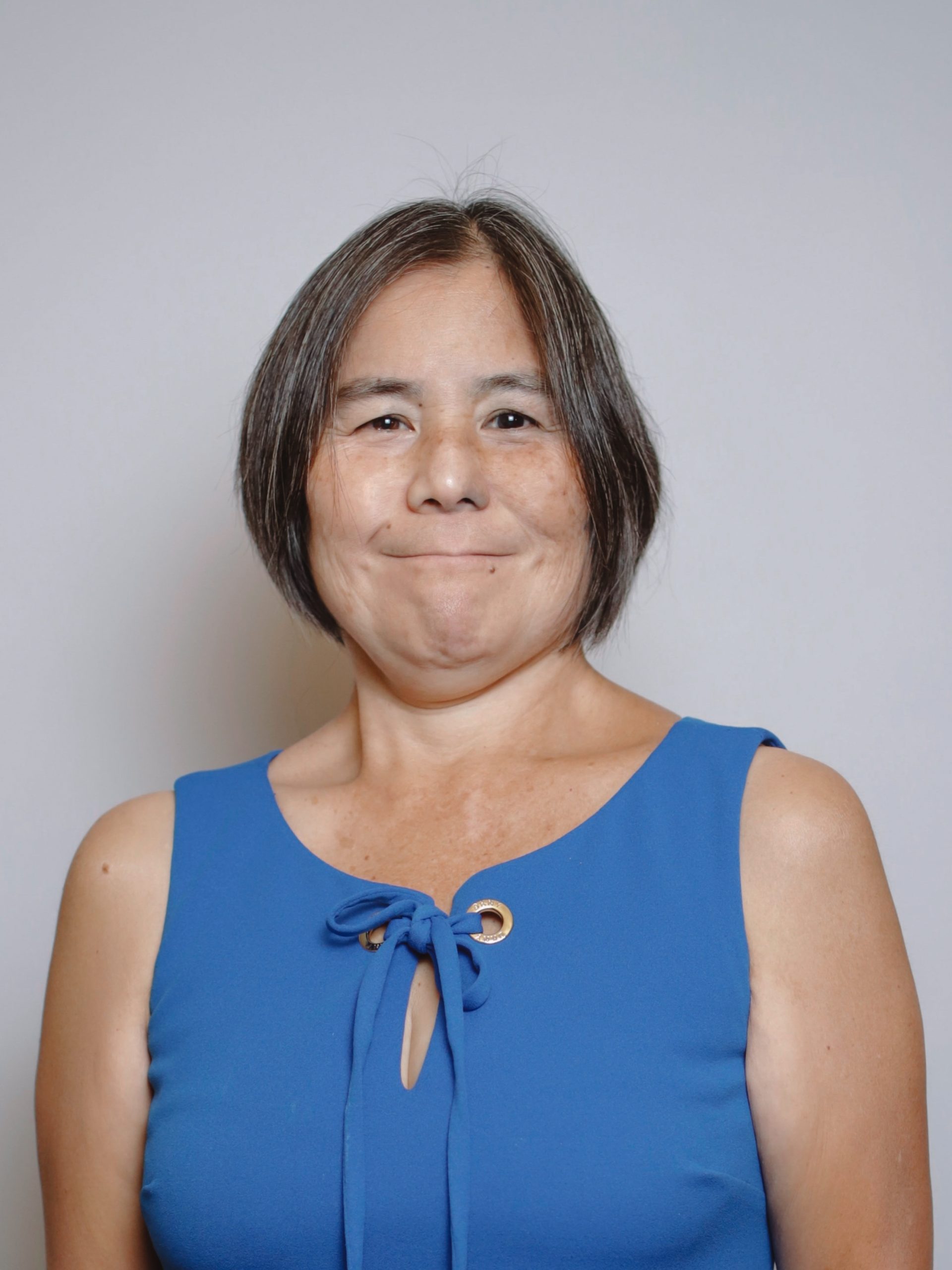
Pearl Teruya
Fiscal Office

Diamond Badajos
Information & Community Relations Office
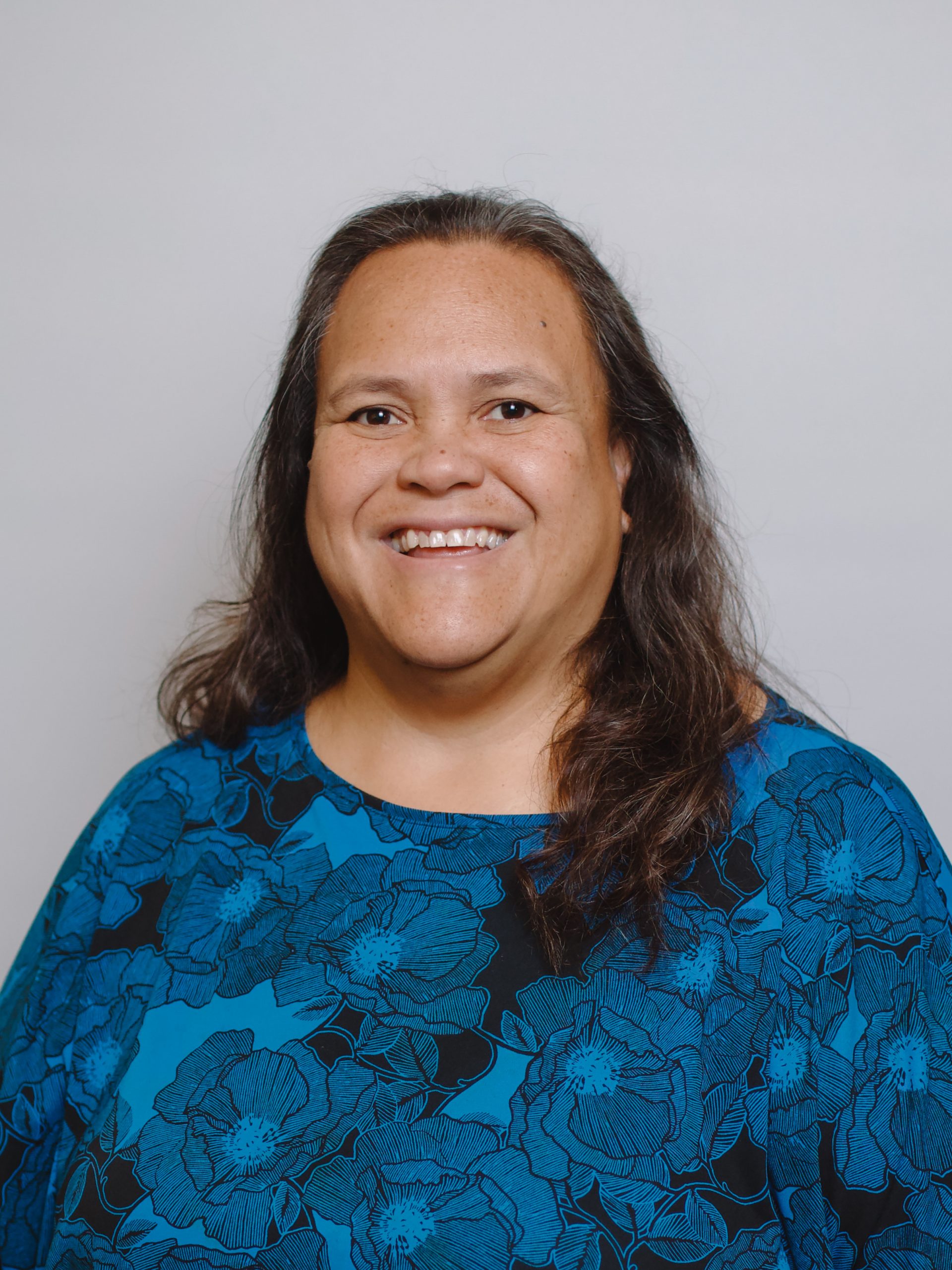
Nicole “Lehua” Kinilau-Cano
NAHASDA Branch

David Hoke
Enforcement Branch

Jaren Tengan
Broadband Program
